Accountability in sport is doing what you say you’re going to do and executing the task to the best of your ability. Then being able to put your hand up and say ‘this is what I need to do better’ if you don’t get it right.
Being accountable is not making excuses, not blaming others or whinging and complaining. Accountability in sport is taking ownership of something and making sure you ‘know your job and do your job’ 100% of the time.
Accountability happens when you are the one critiquing your own performance. This is what successful people do. This is what tough athletes do.
Accountability in sport also extends to holding others accountable. One of the biggest issues we see in teams is when one athlete is not doing something right, something that could hurt the team, and another athlete notices but doesn’t do anything about it. Being able to have an accountability conversation with a team mate is critical if you want to reach the highest level of performance.
Being accountable isn’t something that just happens. It isn’t the coach telling you what you did or didn’t do right on game day. You need a process or a system that helps you to be accountable.
A simple model you can use is; ask yourself what is my role, how will I execute my role and then evaluate yourself on how well you executed your role with a score out of 10. Then share your evaluation with your team mates and your coach and get them to give you feedback too.
But being accountable is more than just evaluating your performance. The next step is to write a plan for future improvement. Set the goal – develop the plan – put it into practice.
A great example of this was demonstrated by the Utah Utes Senior Softball Team.
After working with Bo Hanson from Athlete Assessments, the Seniors put their own accountability mechanism into place. They asked their coach to purchase journals for each of them and every week consistently, they wrote what their role was, both on a Technical and Non-Technical level. They wrote how they were going to be the best player they could be as individuals, and how they could be the best player for the team that week. After each game, the players would also critique themselves on how they did in fulfilling their roles and share this with their coach and team mates before producing a plan to further improve in next week’s game.
Bo said “Every successful team has a culture of accountability and this was a team that truly understood that and rose to the challenge.”
“It is easy to be accountable and consistent a few times, but to maintain it over the season is rare so this was a great example of understanding, valuing and embedding an accountability mechanism into their team culture.”
Through doing this, the Utes had their very best season.
“They were consistent and disciplined about maintaining a top standard and they were successful because of it,” Bo said.
Looking to catch up? Read our full article on Athlete Accountability: Are Your Athletes Accountable?
Where to from here?
Created by Bo Hanson, the ATHLETE TOUGH Handbook and Video Series is your go-to guide for developing mental toughness in your athletes. Being ATHLETE TOUGH is defined by the actions you take when your performance matters the most. This unique and proven program is designed to ensure your athletes never give up, never quit on their team and never quit on themselves. It will deliver strategies on how to be mentally resilient and provide step-by-step processes to help your athletes become and stay mentally strong.
At Athlete Assessments we’re here to provide you with excellence in service and to help you be your best. If there is anything we can do to contribute to your success, please contact us.
Recommended Articles
Accountability in sport is doing what you say you’re going to do and executing the task to the best of your ability. Then being able to put your hand up and say ‘this is what I need to do better’ if you don’t get it right. Being accountable is not making excuses, not blaming others or whinging and complaining. Accountability in sport is taking ownership of something and making sure you ‘know your job and do your job’ 100% of the time.
https://www.youtube.com/watch?v=4uNwCK5SzO4 Video Presentation by Bo Hanson, 4x Olympian, Coaching Consultant & Director of Athlete AssessmentsIn this video Bo Hanson recounts his experience of spending a day with the U.S. Navy Seals and what he learnt from them…
What is athlete accountability in sport? I recall having this conversation with my coach when I was rowing. Most coaches I speak to today tell me how their athletes do not accept accountability for their performance. Ultimately, accountability in sport means you believe that it is you (and only you) who creates your performance.
In conversations I have, coaches often say to me: “So I have this athlete, and they have great physiology, they’ve got a massive VO2, and a really good motor. But they can’t concentrate, are undisciplined, doesn’t listen to me…but they could be such a success”.


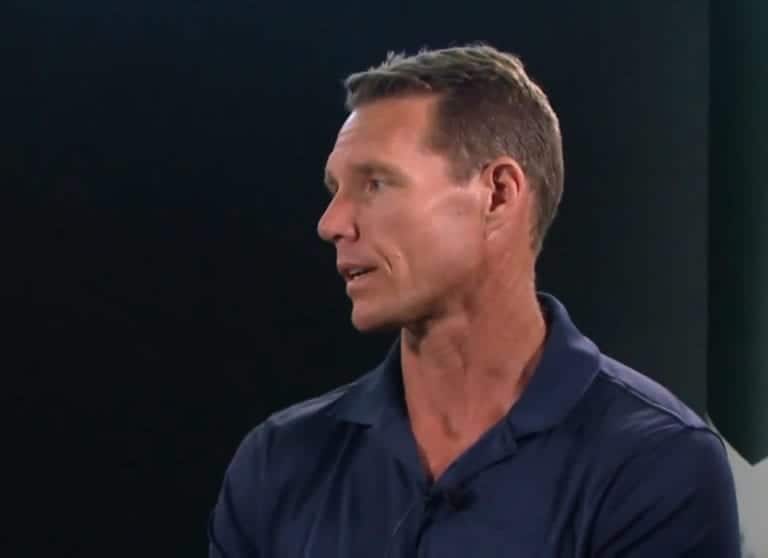
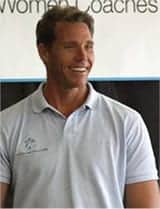
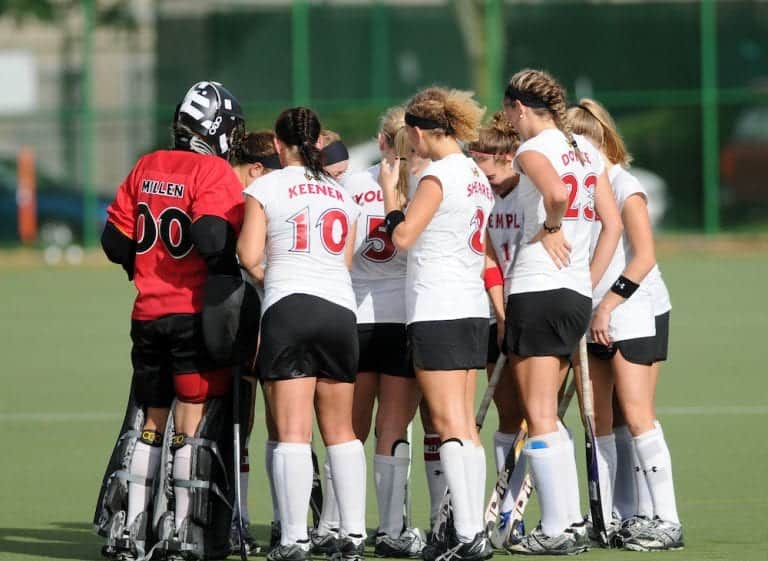


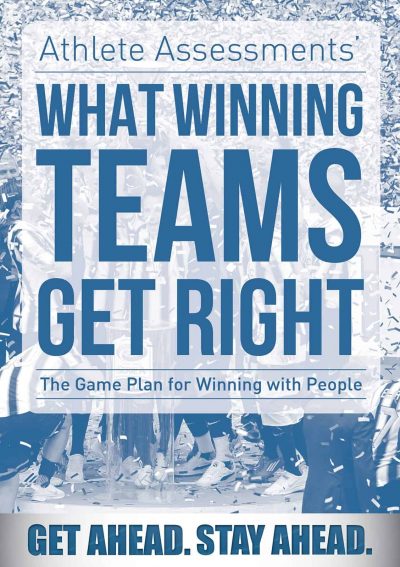


2 thoughts on “Strategies for Athlete Accountability in Sport”
Morning!
Enjoyed your post today regarding accountability. I’m a boxing coach working for England Boxing, jumping down some cultural rabbit holes at the moment. I found this very informative – thank you.
For my next podcast, I wanted to talk about accountability and found your page. Boxing, historically, has had the coach accountable for everything with the boxer robotically following instruction. But when it goes wrong, the coach drops accountability and says the, ‘The kid just can’t get it.’
Any thoughts on directions to go with this?
Keep up the good work.
Adam.
Hi Adam
Great to hear your enjoyed this post! We can definitely help out.
I have sent you an email earlier today regarding our Coach Development programs, so I will now follow up with another email regarding this question.
Speak soon
Abby